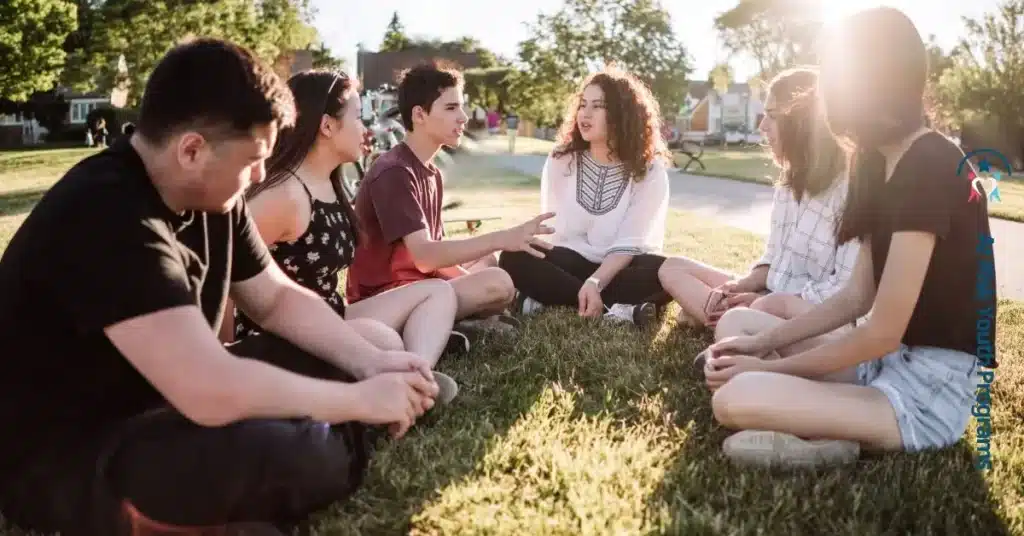24/7 Helpline:
(866) 899-111424/7 Helpline:
(866) 899-1114
Learn more about Bipolar Disorder Treatment centers in Jennings County
Bipolar Disorder Treatment in Other Counties
Other Categories in Jennings County

Groups
Groups is private healthcare company providing outpatient treatment for opiate addiction using weekl...





































Centerstone
Centerstone is a private rehab located in North Vernon, Indiana. Centerstone specializes in the trea...

Centerstone – Aspen House
Centerstone–Aspen House is a residential drug and alcohol rehab for adults in North Vernon, Indiana....

























































Other Insurance Options

Health Choice

Excellus

Optima

WellCare Health Plans

Carleon

Regence

Horizon Healthcare Service

AllWell

Ambetter

Molina Healthcare

WellPoint

BHS | Behavioral Health Systems

Cigna

UMR

United Health Care

Holman Group

Medical Mutual of Ohio

State Farm

Lucent

Highmark